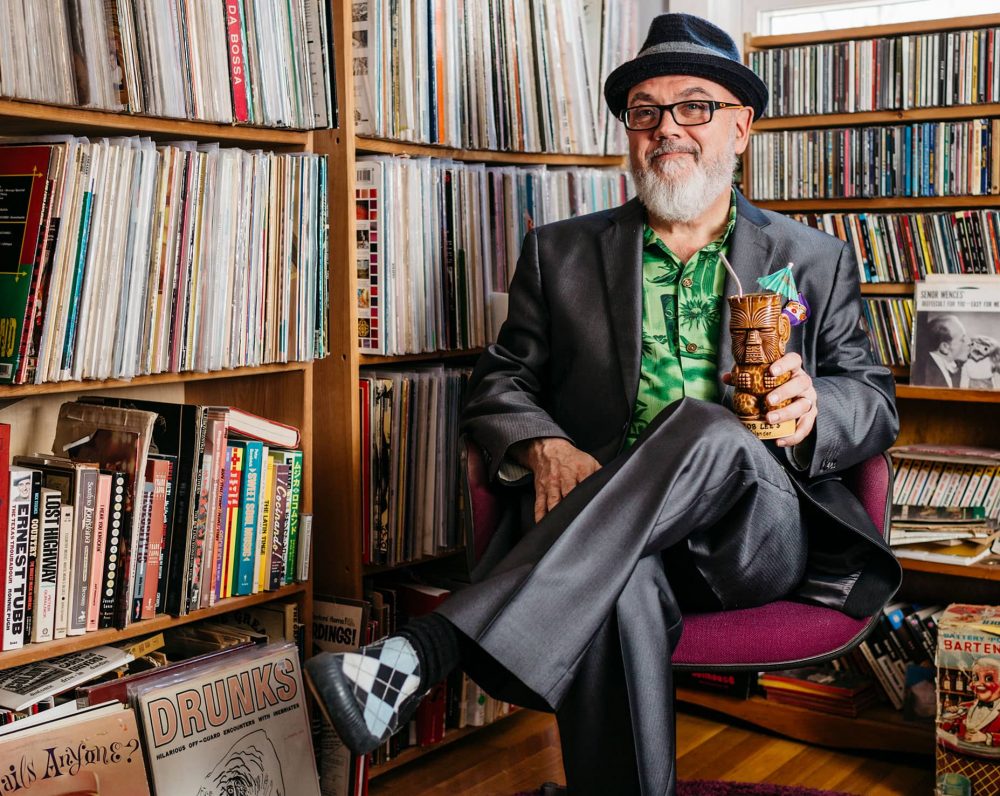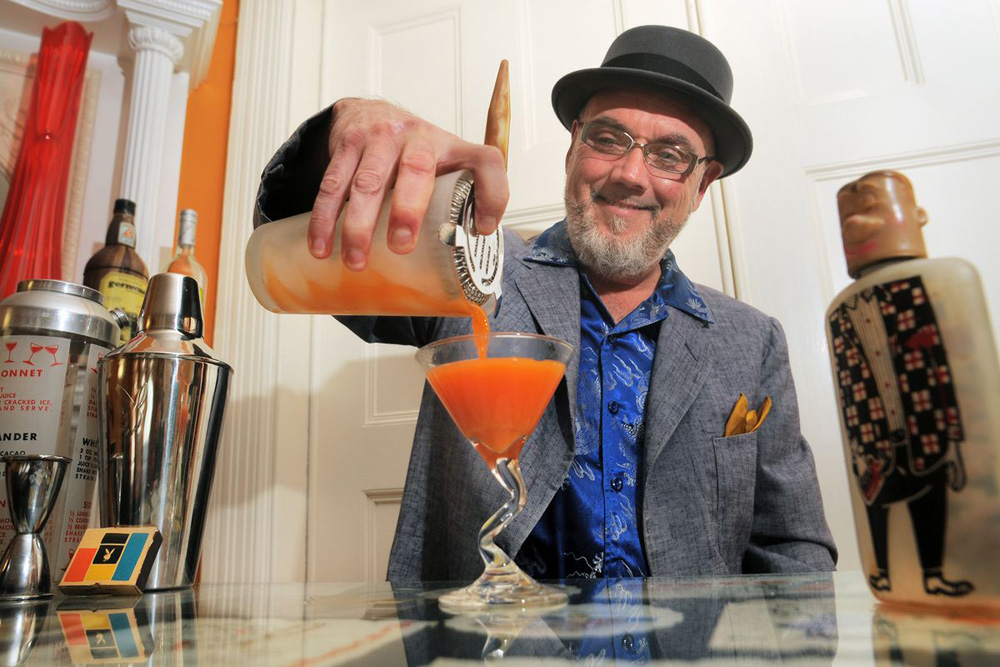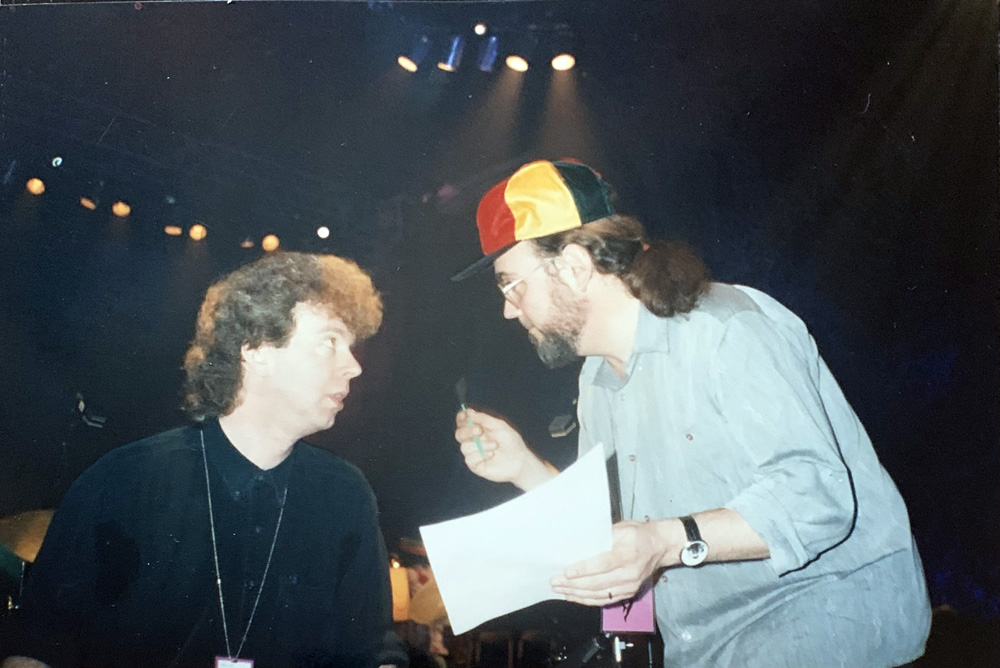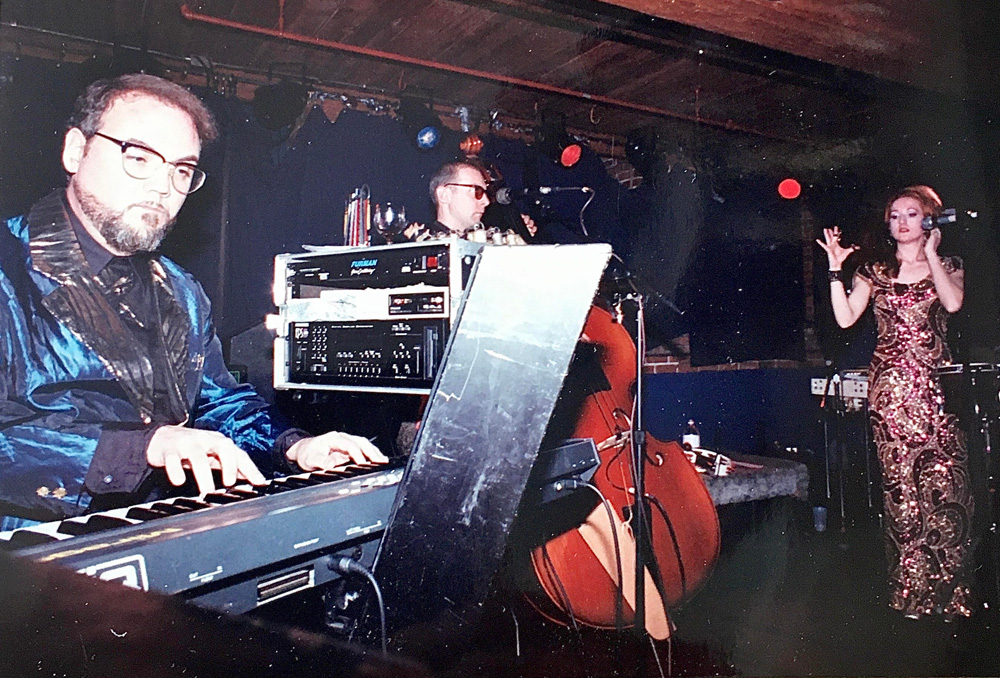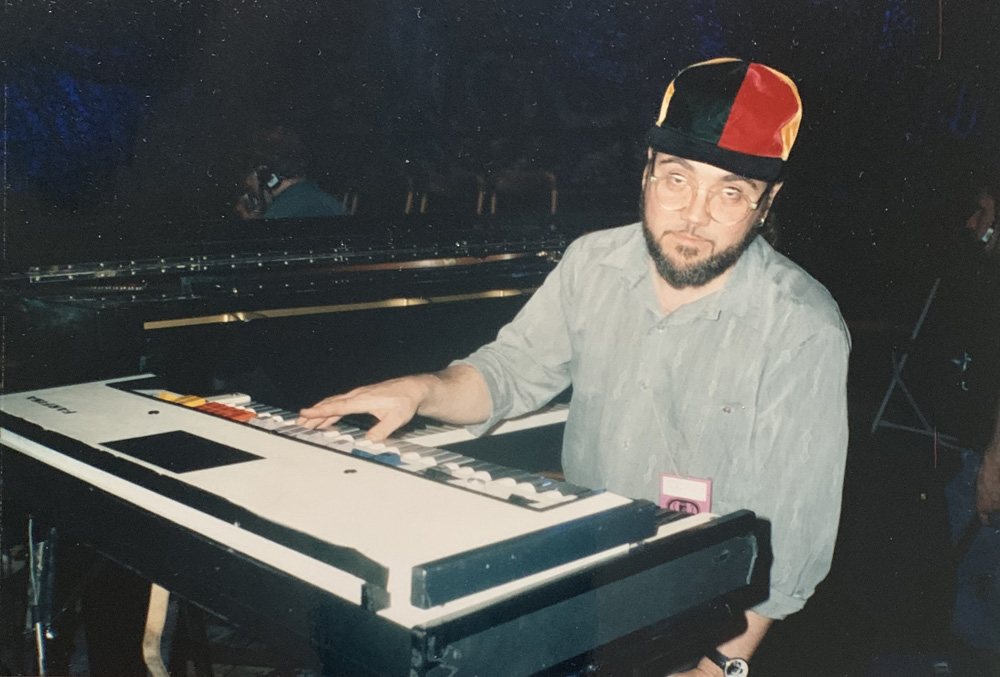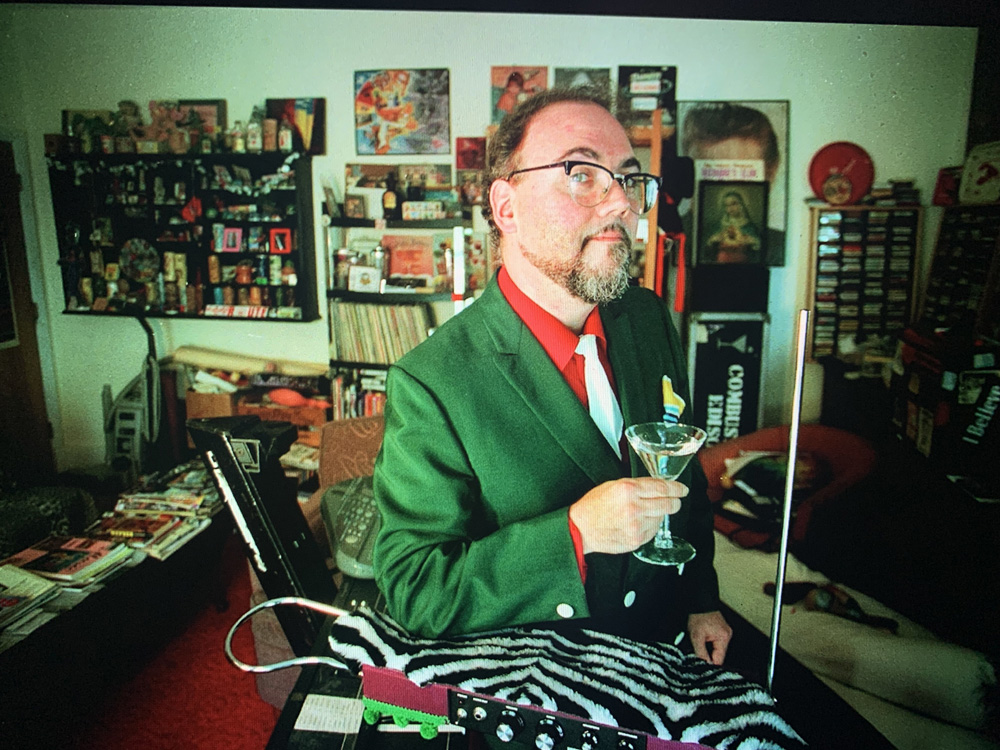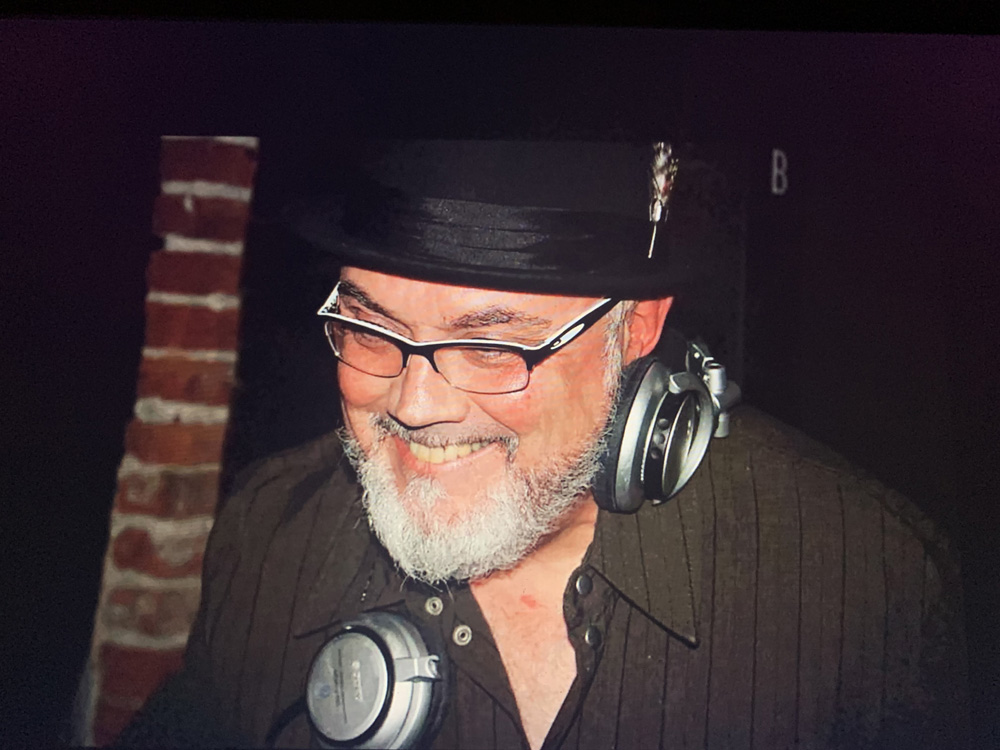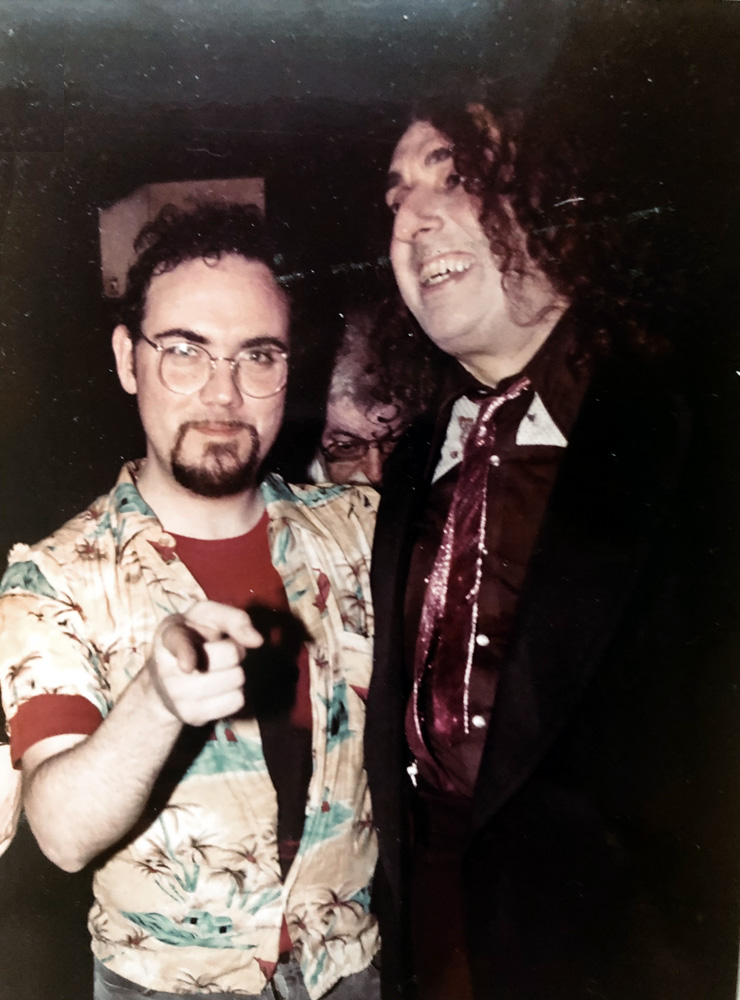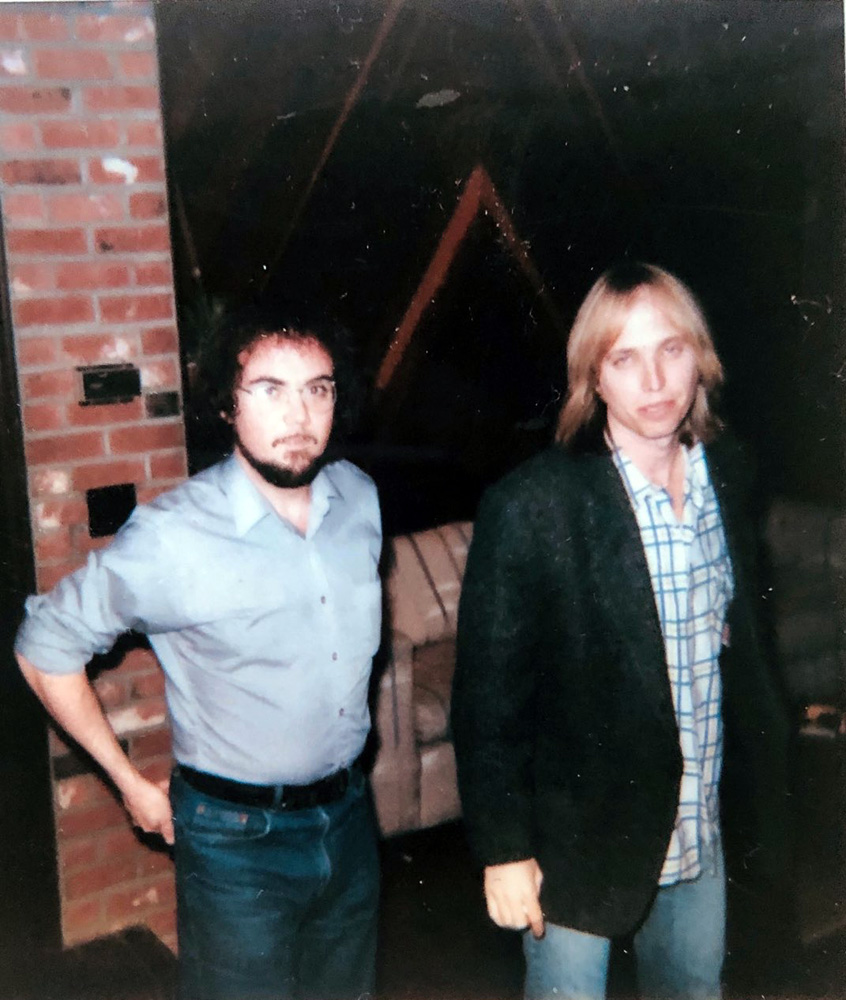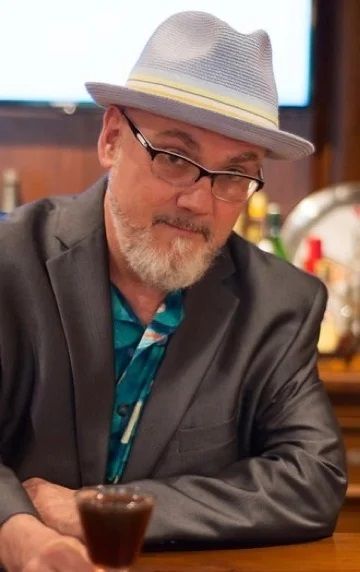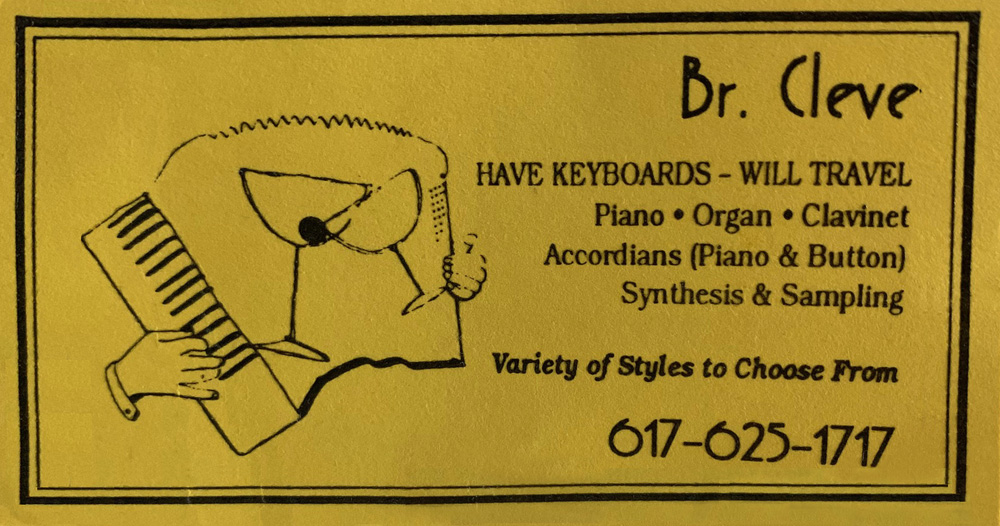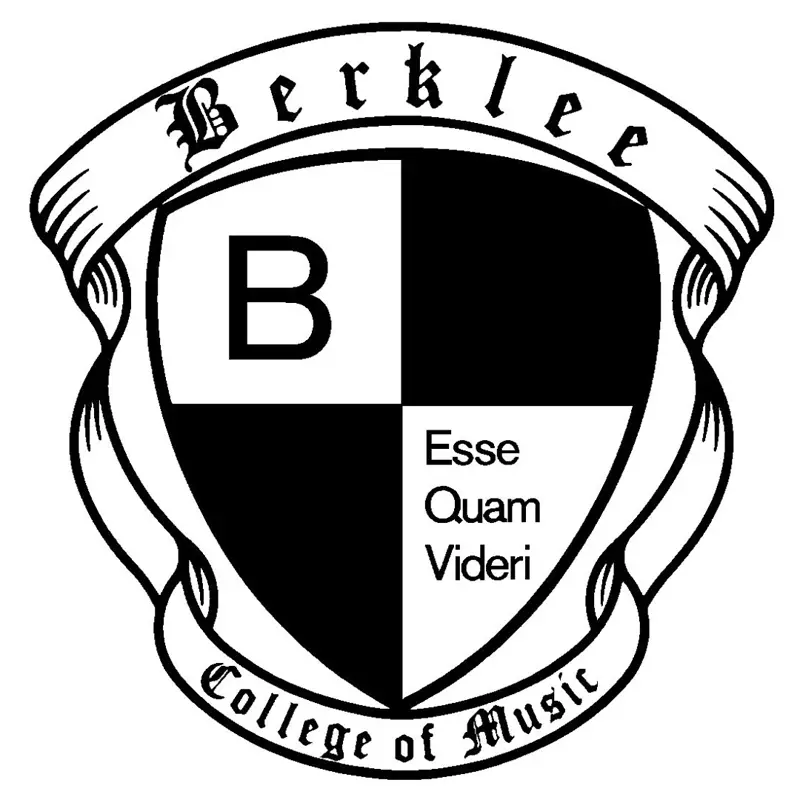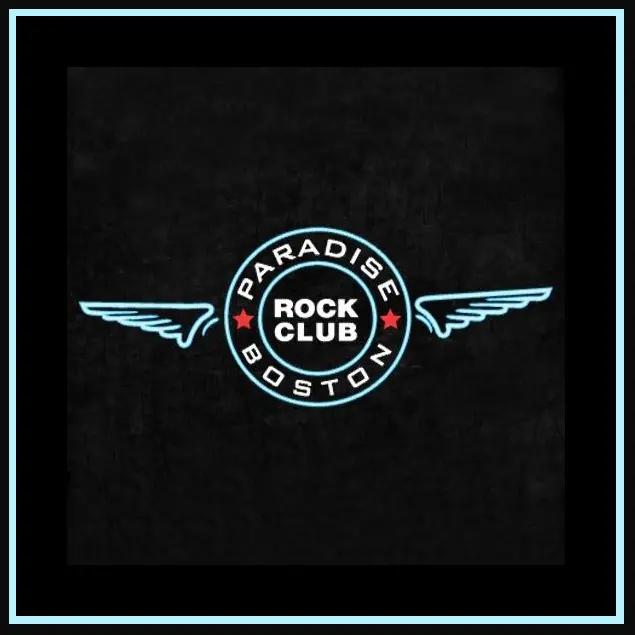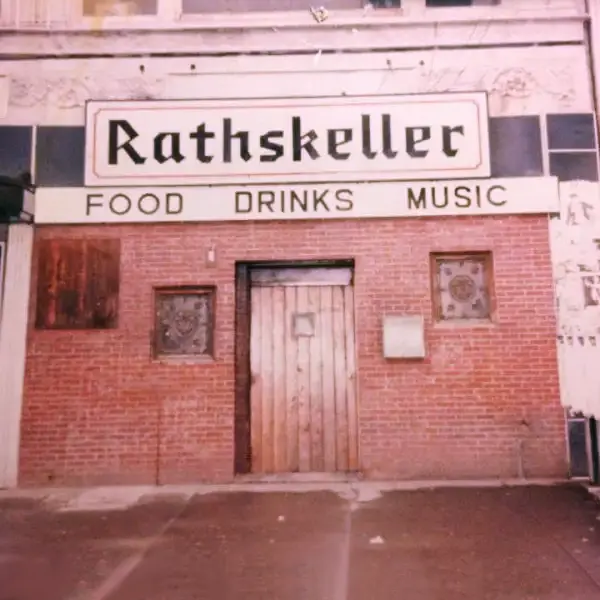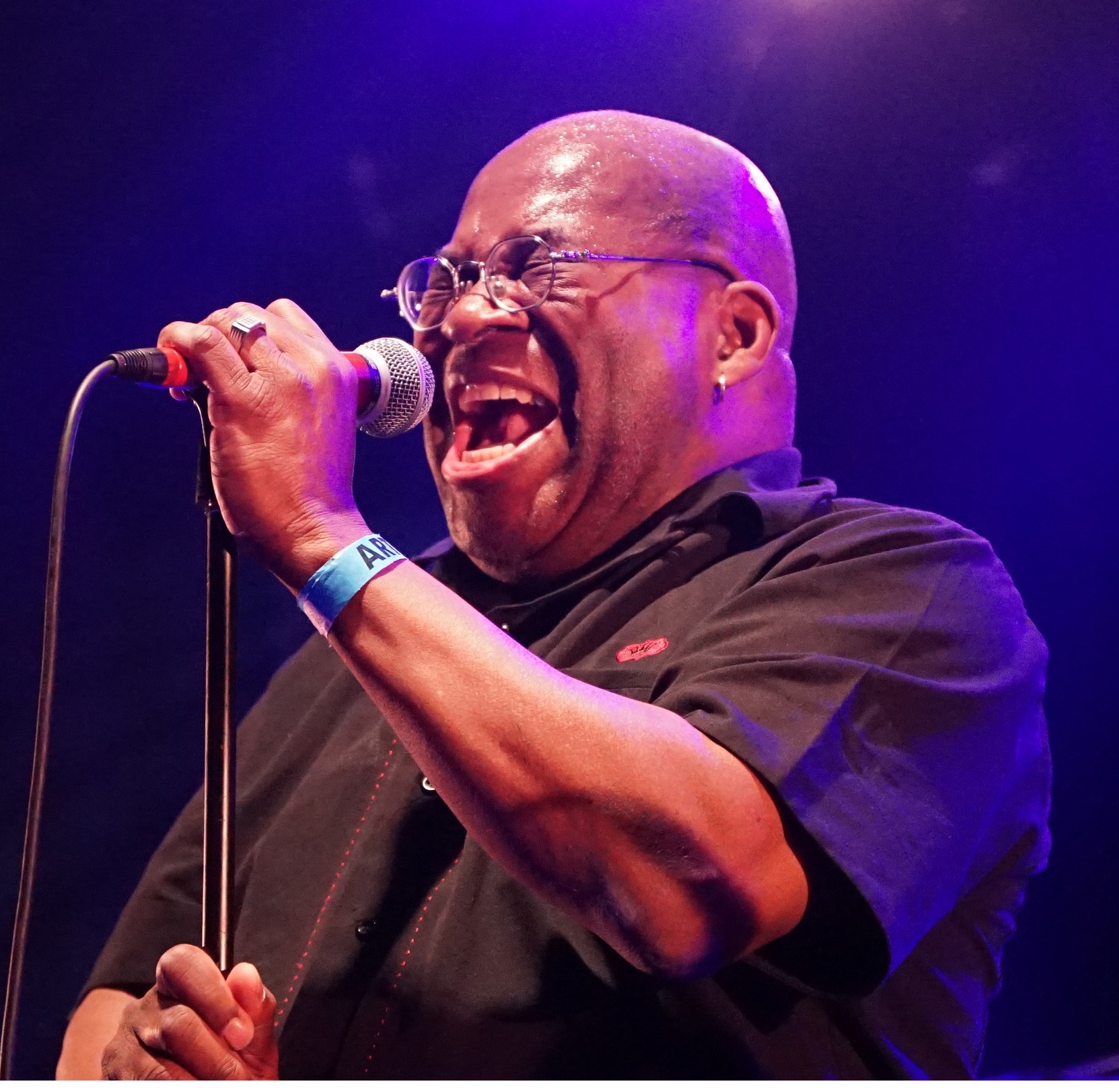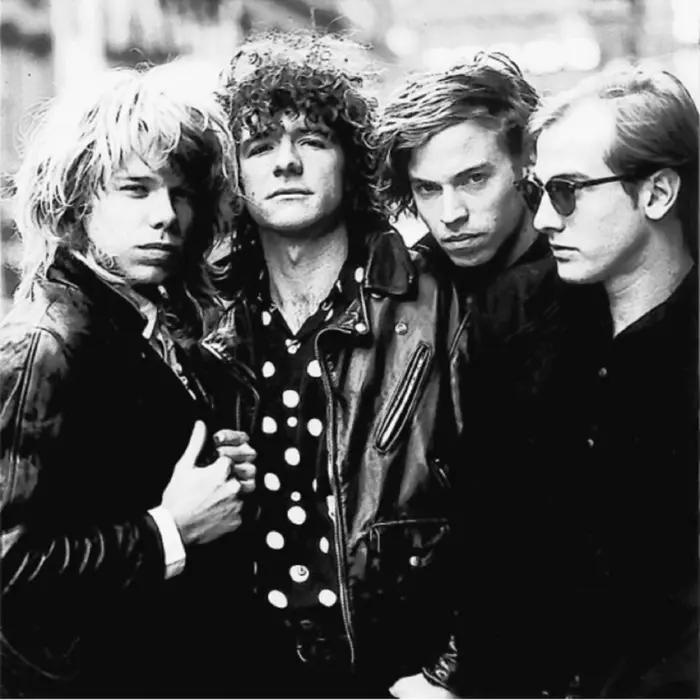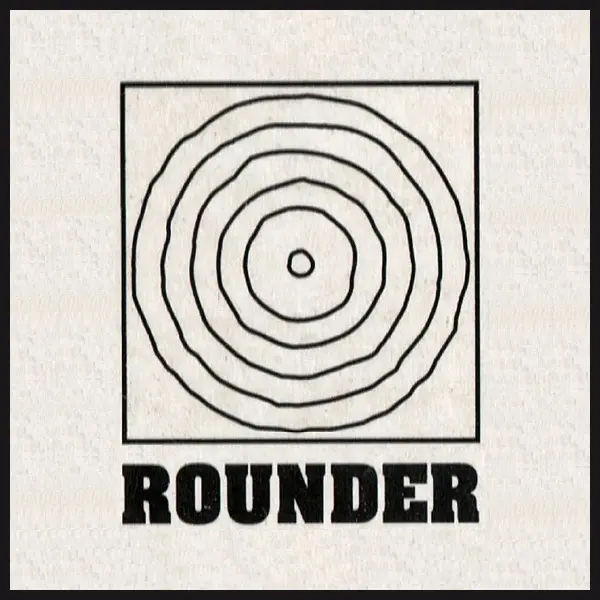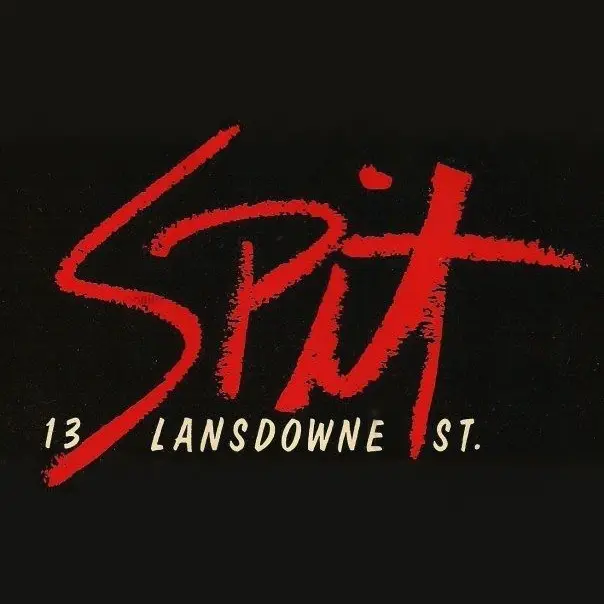Robert “Brother Cleve” Toomey
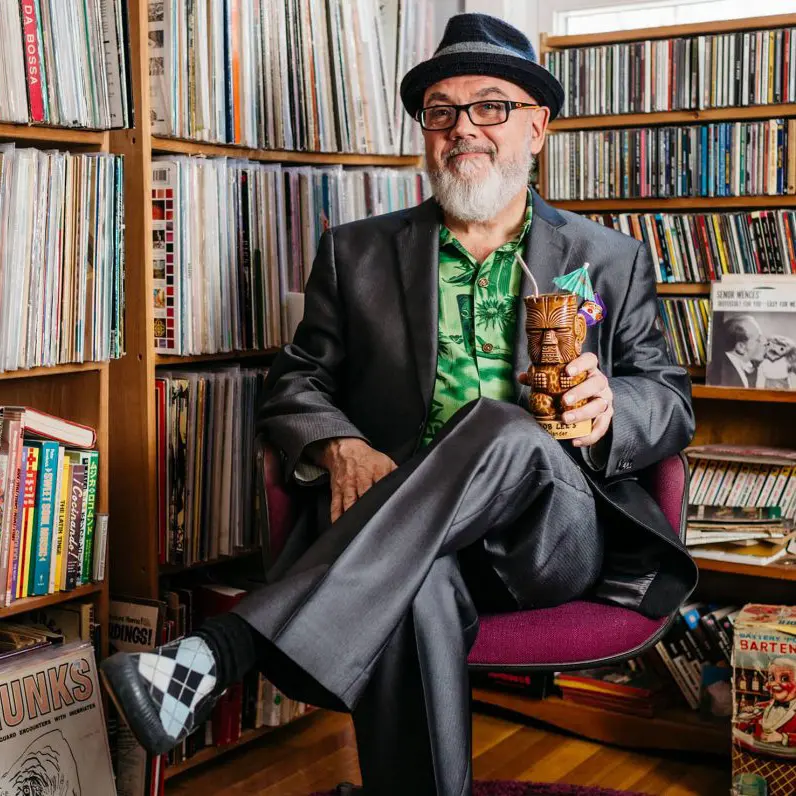
Born Robert Toomey to Robert W. and Beatrice Toomey on February 2, 1955, the musician later known as “Brother Cleve” and billed as “Br. Cleve” was raised in Medford, Massachusetts. He learned piano while in grade school and briefly attended Berklee College of Music in Boston after finishing high school.
He largely eschewed current pop music for James Bond soundtracks and “crime jazz.” Even less interested in the rigors of academia, he preferred to comb record stores for sounds from Jamaica, Africa, India, Europe, Japan and, of course, America’s music capitals including Nashville, Memphis and New Orleans. This is where his true musical education took place, fueled by an insatiable curiosity that led him to new passions throughout his life, which he always shared with generous enthusiasm.
Gail King, Cain & Able, Suade Cowboys
In late 1974, Toomey (known then as “Bob,” not yet as “Brother Cleve”) joined an R&B band led by Gail “Sky” King, playing covers and the occasional original. Adding synthesizers to his Fender Rhodes on stage, as his tastes leaned toward dub reggae and psychedelia, he left to forge his own path.
In 1978, he and Chris Maher wrote and recorded the track “Citizen of Babylon,” released locally under the name Cain & Able, and ultimately formed the “psycho-funk” quartet Suade Cowboys, which became one of Boston’s top club acts, appearing at the Paradise Rock Club, Spit, The Rathskellar and other hotspots.
Fabulous Billygoons, Church of the SubGenius, Other Bands
In the late ‘70s, “Brother Cleve” was born on Sports Palace, a freewheeling radio show on Cambridge-based WMBR. Toomey would frequently call the show “in character,” inspired by the Laff Records comedians he loved such as Wildman Steve and Redd Foxx. The WMBR crew soon morphed into The Fabulous Billygoons, which released several tracks locally (including “The Goons Are Drinking Again”). The name stuck, and a short time later Brother Cleve became an even more colorful figure in live appearances and recordings by The Church of the SubGenius.
Soon, Cleve’s music career took off. His performances with Suade Cowboys established his reputation as a keyboardist of the first order. He played in countless bands in the years to come, including The I-Tones, Wheelers & Dealers, Barrence Whitfield & the Savages, The Del Fuegos, Combustible Edison, Huge Voodoo, Dragonfly, Brother Cleve and His Lush Orchestra and The Singhs. The wide variety of styles among these bands – reggae, C&W, exotica, R&B and more – posed no challenge for Cleve, who had become a master of the full range of keyboard-based instruments, from button accordion to the newest digital ones.
Space-Age Pop, Writing, Production, Cocktail Nation Movement
When the 1950s/’60s “Space-Age Pop” genre resurged in the early ’90s, Cleve was well ahead of the curve. He contributed liner notes to – and later produced – innumerable reissues, including albums by Sun Ra, the master of spaced-out sounds, and celebrated Mexican bandleader/composer Juan García Esquivel, with whom Cleve collaborated and later managed.
In the 1980s, Cleve was intrigued by the classic cocktails on the back pages of diner menus while touring the US. After sampling them, he found they were the perfect accompaniment to the vintage records he’d been collecting and began picking up drink-recipe books in thrift shops. Soon he was mixing libations at home, researching the origins of classic recipes and creating a few of his own.
That positioned him perfectly for the rise of the Cocktail Nation movement, spearheaded by Combustible Edison, a band that imbued the musical and cultural aesthetic of classic exotica artists such as Arthur Lyman, Martin Denny and Esquivel with a modern touch. Leader Michael “The Millionaire” Cudahy invited Cleve to join, first as their touring keyboardist and later as a full band member.
Deejay, Tiki-Scene Superstar, Death, Tributes
Cleve also became a much-sought-after DJ with a global following, appearing in Los Angeles, Miami, New York City, London, Tokyo, Moscow and, of course, Boston. And along the way, music met Mai Tais: the DJ/musician/mixologist became a superstar of the Tiki scene, a Cocktail Nation subset that revels in the post-WWII craze for all things Polynesian.
In September 2022, while in Los Angeles presenting a seminar for the annual “Tiki by the Sea” gathering, Cleve passed away suddenly at age 67, suffering a heart attack in his sleep. Tributes poured in from across the globe from untold numbers of friends whose lives had been touched by this charming, funny, generous, fascinating rascal who had been taken far too soon.
Instruments, Sampling, Influences, Partial Discography
Cleve played piano, electric piano, organ, clavinet, synthesizers, accordions (piano and button) and digital synthesizers and was renowned for his sampling skills. Cleve cited his main influences as Mac Rebennack, George Clinton, Allen Toussaint, Floyd Cramer, Juan Garcia Esquivel and Evan Lurie.
Among the singles and albums on which Cleve appeared are Cain & Able’s “Citizen Of Babylon” (45); The Fabulous Billygoons (LP); Suade Cowboys’ “Master” (from A Wicked Good Time, Newbury Records); Wheelers & Dealers’ “My Mother, My Sister, My Wife” (45); Barrence Whitfield & The Savages’ Rituals of the Savages (Rounder Records); Combustible Edison’s (w/ Esquivel) “Miniskirt” (Lounge-A-Palooza, Hollywood Records); Dragonfly’s Blind (Red Star Records); and The Singhs’ Science Fiction (Red Star Records). As a member of Combustible Edison, he performed on the soundtrack of the Quentin Tarantino film Four Rooms (1995).
(by Dennis Kelley)

